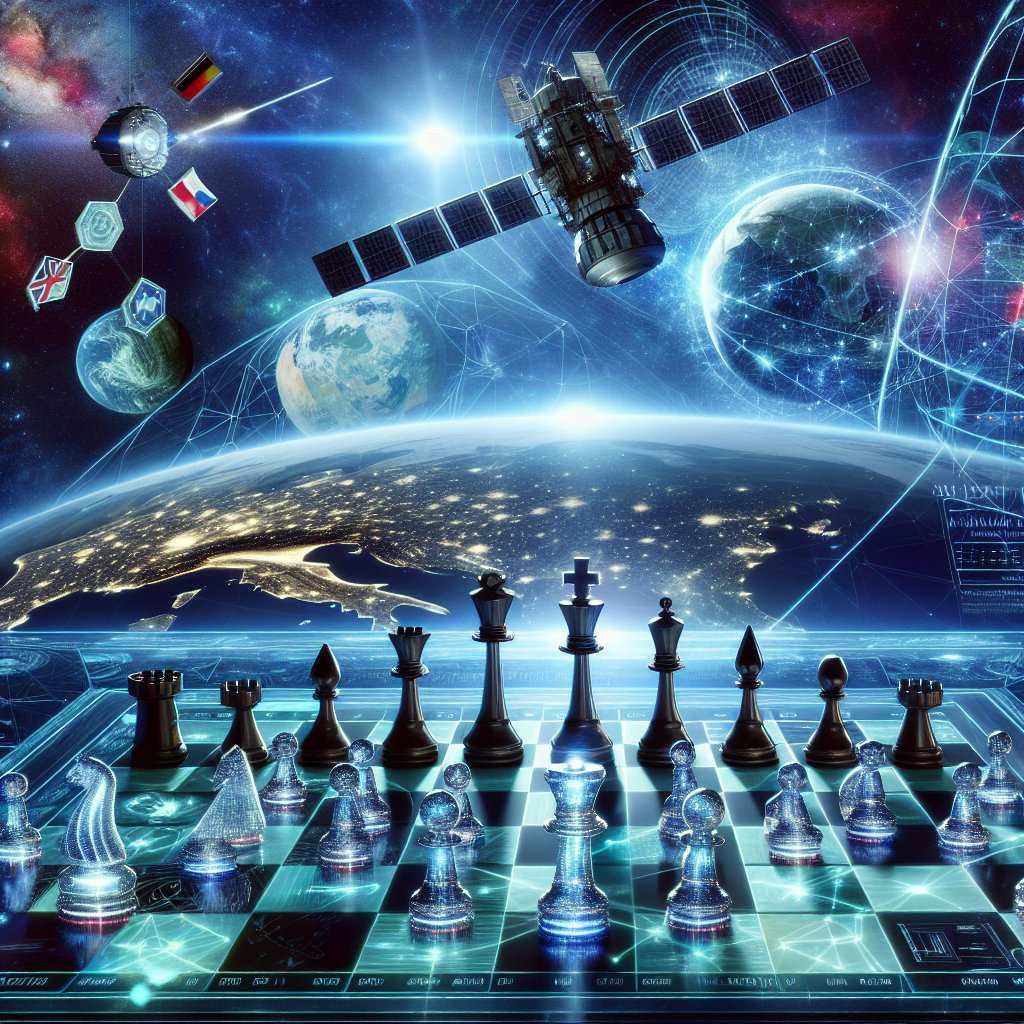Image created by AI
President Putin Reaffirms Russia's Commitment to the Outer Space Treaty
In a defining statement that has rippled across the international community, Russian President Vladimir Putin reaffirmed his country's stance against the weaponization of outer space. The assertion comes amidst White House allegations that Russia possesses anti-satellite weapons that could potentially violate the historic Outer Space Treaty.
The geopolitical chessboard was disrupted last week following a statement from John Kirby, the White House national security spokesperson, which branded Russia's newfound anti-satellite capabilities as "troubling." Though the weapon is said to be non-operational, it sparked speculation and concern over a potential nuclear arms race extending beyond Earth's atmosphere.
Responding to these tensions during a meeting with Defense Minister Sergei Shoigu, Putin was firm in stating that Russia does not intend to place nuclear weapons in orbit. He underscored that the technological developments by Russia in the cosmic domain are on par with those of other nations, specifically the United States, and are well known to them.
The Outer Space Treaty, a cornerstone of international space law, has been ratified by over 130 nations, Russia included. The framework of the agreement distinctly prohibits states from stationing nuclear or any other weapons of mass destruction in outer space. The Kremlin's recent articulations mirror this ethos, with Putin vocalizing a clear and outspoken opposition to the militarization of space.
The Russian leader went on to lament the missed opportunities for collective advancements in space, citing repeated propositions extended to Western counterparts to bolster collaborative space efforts. These calls, according to Putin, have been disregarded, adding an air of skepticism to allegations raised.
In a separate narrative thread, Shoigu proffered an alternative explanation for the intensity of White House claims. He suggested that the assertions of Russian space weapon capabilities might be a strategic play to stimulate aid for Ukraine through Congress or even a ploy to compel Russia back into nuclear arms control discussions. Bilateral relations have been strained, particularly around the situation in Ukraine, prompting Russia to suspend its participation in talks related to nuclear arms control.
Putin did not dismiss the possibility of future engagements with the United States but maintained that the current atmosphere, wherein the West seeks Russia's strategic defeat, impedes any potential dialogue, especially concerning strategic stability.
Skepticism shrouds each statement and claim made amidst this space capability debate, with mistrust and strategic posturing taking center stage. Nonetheless, the ramifications of such discussions are far-reaching, affecting not only the terrestrial geopolitical canvas but also extending humanity's footprint in the cosmic expanse.










